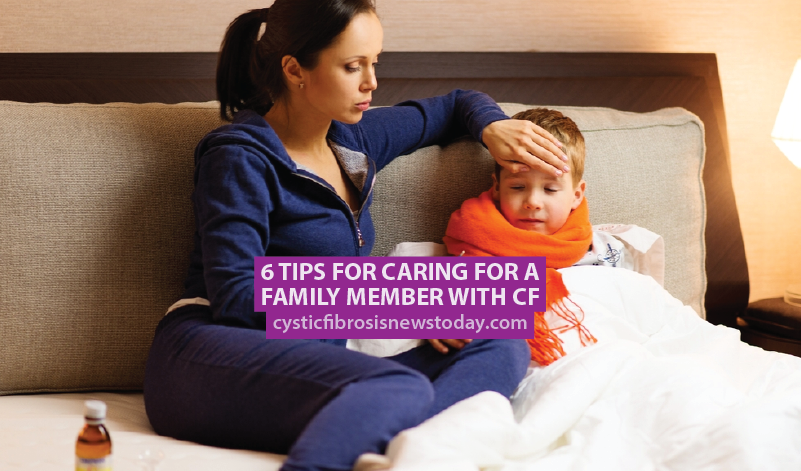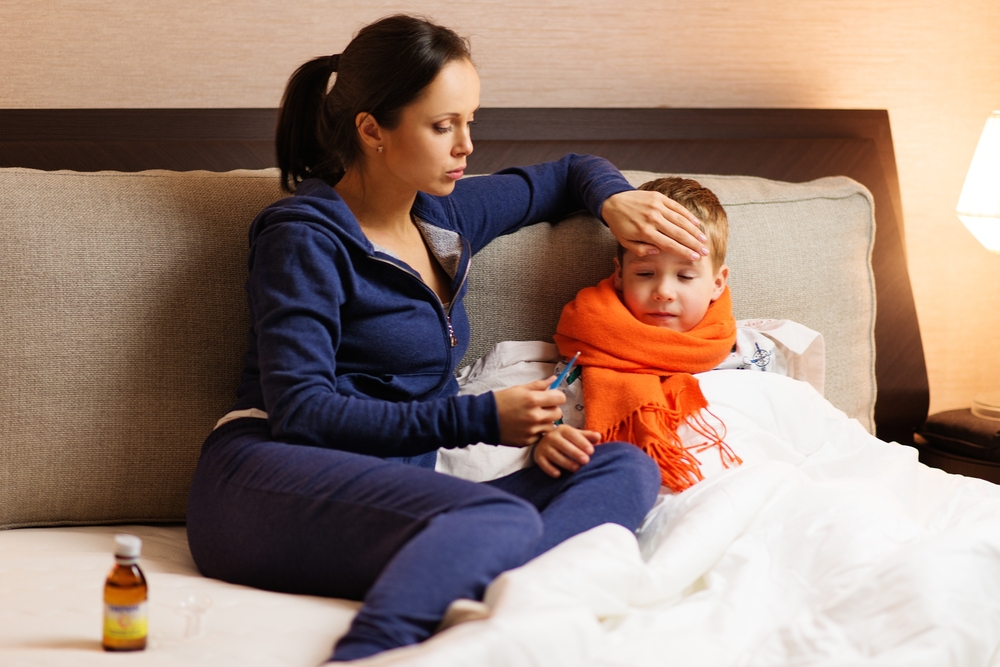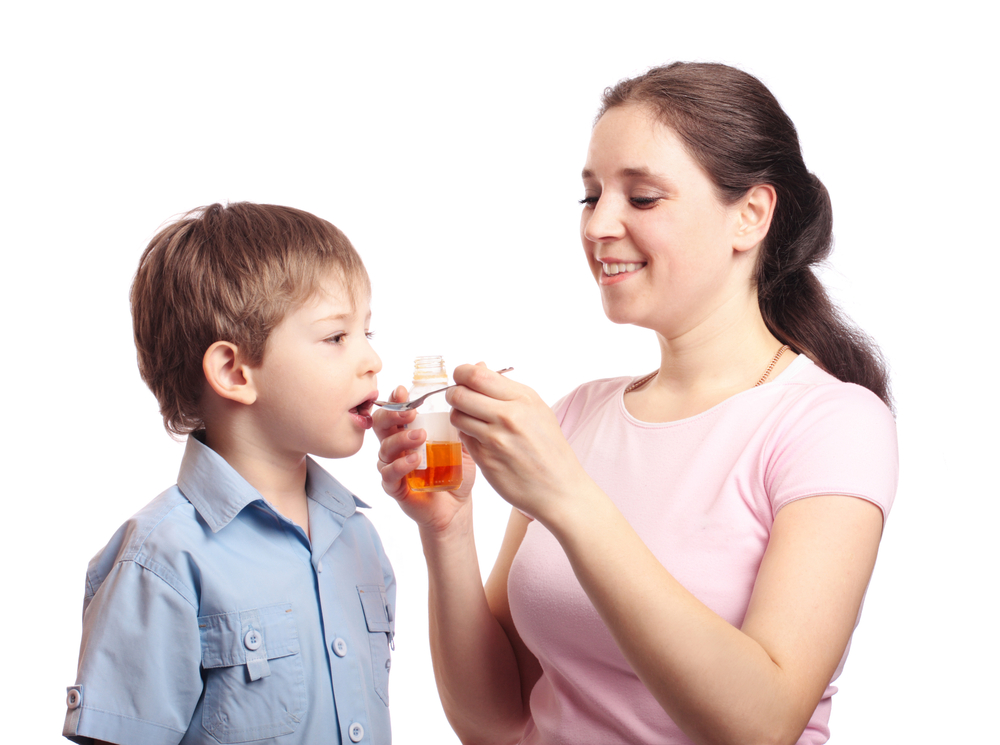6 Tips for Caring for a Family Member with CF
Written by |

Cystic fibrosis is a chronic disease of which there is no current cure. However, improvements in diagnosis have led to better treatment plans. Most children are now screened for CF at birth through newborn screening and the majority are diagnosed by age 2. Parents are the primary caregivers.
1. Caring for a Child: Identifying the Signs

Because it is genetic, cystic fibrosis is passed down in families but in some cases families may not know it. Right from the start, caring for a patient with cystic fibrosis and knowing what to expect — and what is not normal — is helpful. Knowledge prevents caregivers from being afraid of — or surprised by — the disease manifestations.
Learn more about how to identify the signs.
2. Caring for a Child: Medication and Therapies

Particularly with small children, caregivers are responsible for giving patients their medications and helping with therapies. Taking care of a ‘healthy’ child with cystic fibrosis can take between one and two hours daily. When the child experiences exacerbations of the disease or suffers from any other condition, the child could need IV medication.
Learn more about medications and therapies.
3. Daily Life of a Family with CF

Daily life has numerous demands. In addition to medicine and therapies, CF patient’s need healthy nutrition. Family schedules, meals and other daily routine items will be somewhat different from families without a CF loved one.
Learn more about the daily life of a family with CF.
4. Lifestyle Alterations in a Family Affected by CF

Cystic fibrosis affects not only the patient but the entire family. Even if one parent takes on more responsibility for the the child’s daily care, everyone should be able to provide help so that daily routines are followed without interruptions and so that doctor visit and immunizations are not missed.
Learn more about lifestyle alterations for the CF family.
5. Emotional Challenges for Caregivers

Patients and caregivers can develop emotional issues due to the disease demands. At first, parents may feel shock, denial, and even grief.
Learn more about emotional challenges for CF caregivers.
6. Coping with CF in a Loved One: How Not to Be Alone

Parents of children with cystic fibrosis need to know that they are not alone. Support groups for patients but also for caregivers provide a social atmosphere for people to share their experiences. Engaging with organizations and becoming active on issues about the disease can help families gain new hope and lessen their sense of isolation.
Learn more about not feeling alone.
Cystic Fibrosis News Today is strictly a news and information website about the disease. It does not provide medical advice, diagnosis or treatment. This content is not intended to be a substitute for professional medical advice, diagnosis, or treatment. Always seek the advice of your physician or other qualified health provider with any questions you may have regarding a medical condition. Never disregard professional medical advice or delay in seeking it because of something you have read on this website.






